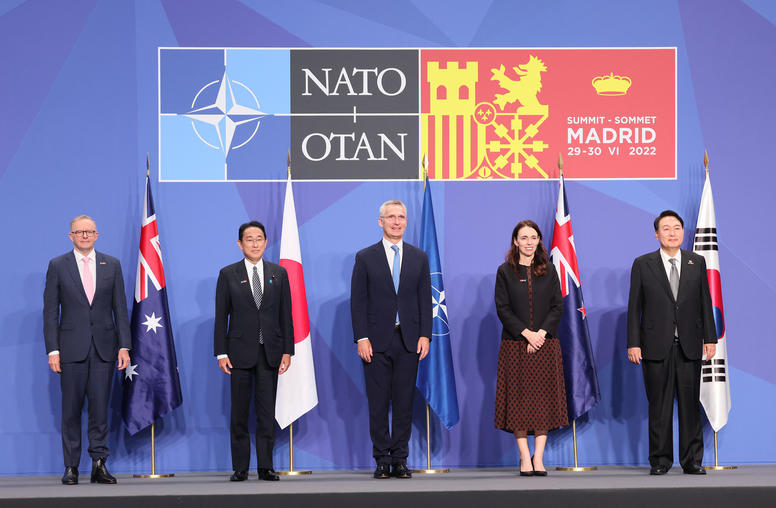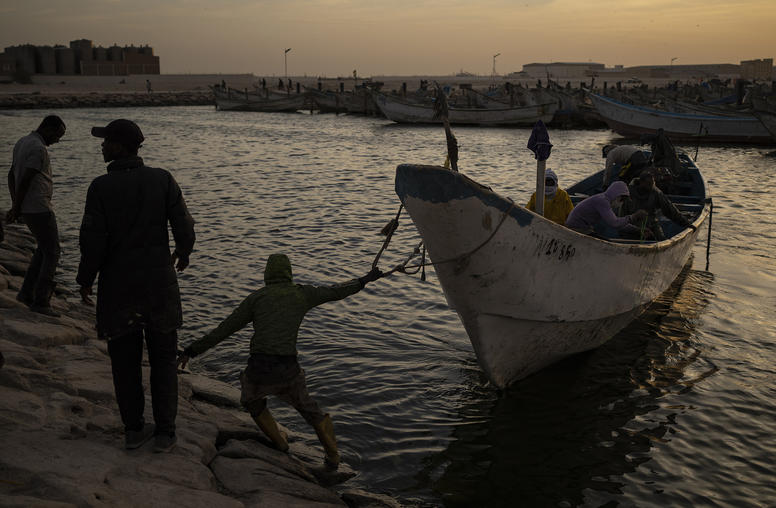First in War, First in Peace: U.S. Military Veterans as Peacebuilders
USIP’s new signature event series “First in War, First in Peace” pays tribute to George Washington, who set the precedent of American veterans advancing peacebuilding after leaving military service. The program also honors Congressional military veterans and veteran groups who were critical stakeholders in the establishment of USIP in 1984 and have continued to guide the Institute’s work throughout its nearly 40-year history.
In honor of Veterans Day, USIP held a discussion on November 9 with two former senior U.S. military officers who continue to pursue peace after retiring from the armed forces. The conversation highlighted how military experience has shaped the way these veterans view their post-military initiatives and the security challenges facing the country today.
Take part in the conversation on Twitter using #FirstInPeaceUSIP.
Speakers
Lise Grande, opening remarks
President and CEO, U.S. Institute of Peace
Dr. Patrick Spero, keynote remarks
Executive Director, George Washington Presidential Library at Mount Vernon
Ambassador Douglas Lute
Lieutenant General (Ret.), U.S. Army; Senior Military Advisory Group, U.S. Institute of Peace
Admiral James Foggo
Admiral (Ret.), U.S. Navy; Senior Military Advisory Group, U.S. Institute of Peace
Rear Admiral Peter Cressy, moderator
RADM, USN (Ret.), Director of Executive Leadership Programs at the Washington Leadership Institute at Mount Vernon



